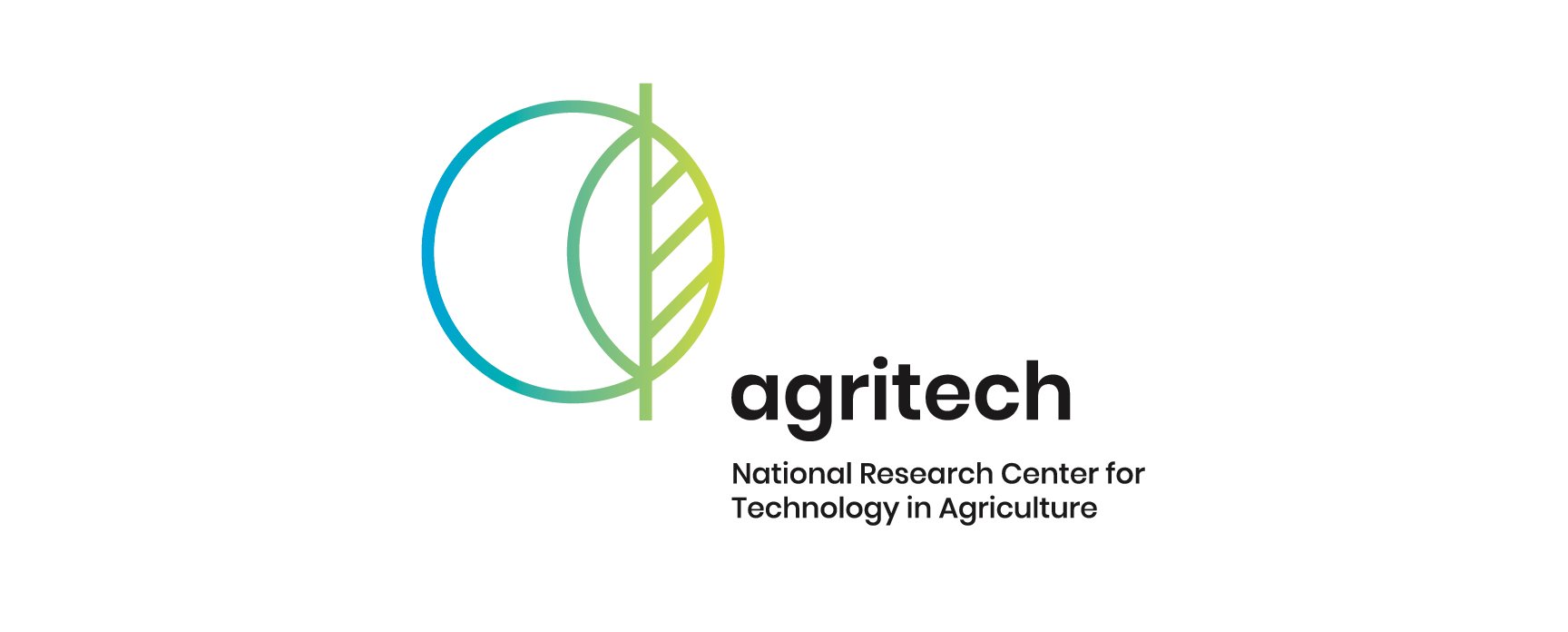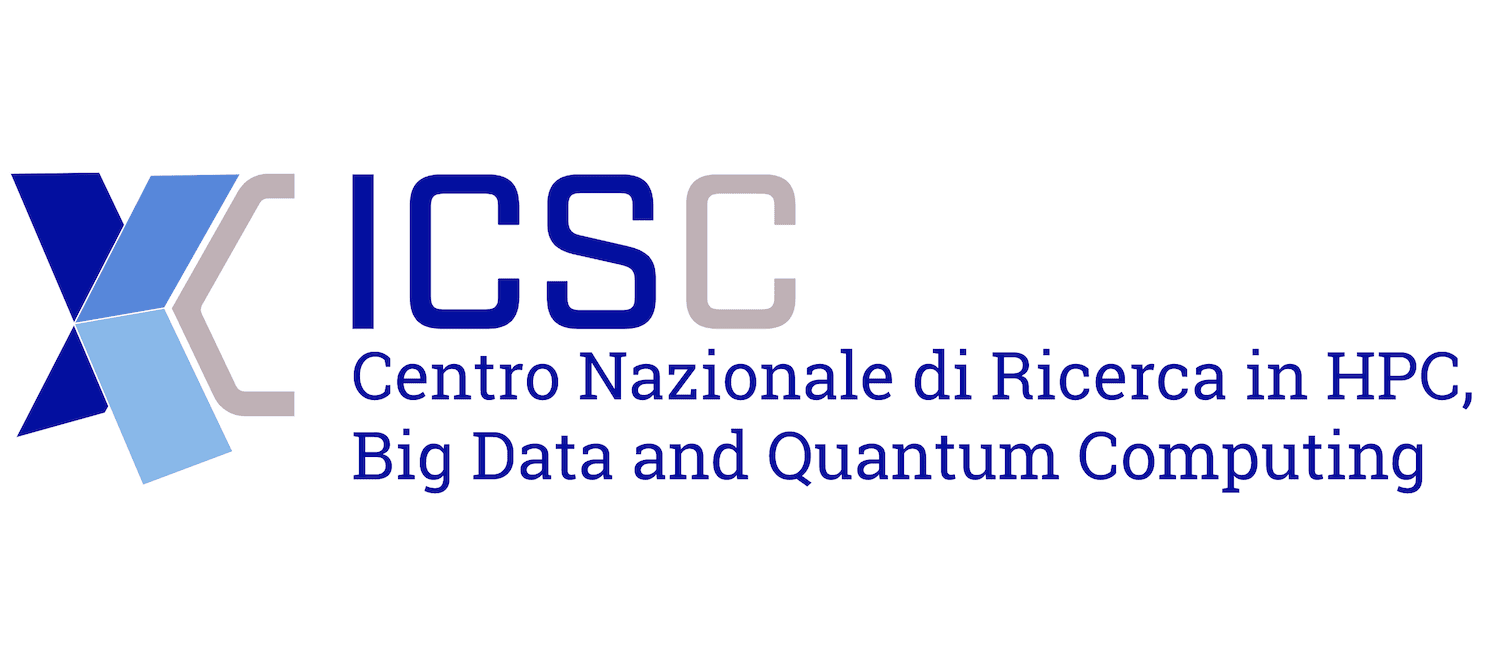The National Recovery and Resilience Plan, NRRP (Piano Nazionale di Ripresa e Resilienza, PNRR) is part of the Next Generation EU (NGEU) programme, an economic and social recovery project created by the European Union in the wake of the pandemic crisis.
The CMCC Foundation participates in some research projects created in the framework of the NRRP, that started in the second half of 2022 and will last for 36 months.
The PNRR is developed around three strategic axes: digitisation and innovation; ecological transition; and social inclusion. It aims at addressing the structural weaknesses of the Italian economy, and leading the country along a path of ecological and environmental transition.
The projects in which the CMCC is involved are organized according to a Hub & Spoke structure. CMCC is involved in five projects, namely, three National Centres (NC), an Innovation Ecosystem (IE) and an Extended Partnership (EP), acting as a partner or in some cases as a coordinator.
- (NC) National Biodiversity Future Center – NBFC
- (NC) National Center for the Development of New Technologies in Agriculture – Agritech
- (NC) National Center for High Performance Computing, Big Data and Quantum Computing – ICSC
- (EP) Growing Resilient, Inclusive and Sustainable – GRINS
- (IE) Nord Ovest Digitale E Sostenibile – Nodes
CMCC is also involved in a project under the National Plan for Complementary Investments to the NRRP (PNC);, for the promotion and funding of applied research with multidisciplinary approaches in specific areas of intervention.
The Vision of the National Biodiversity Future Center – NBFC is to promote the sustainable management of Italian biodiversity, in order to improve the planet’s health and return beneficial effects, essential for all people.
CMCC is an Affiliate partner of NBFC within two spokes:
– spoke “Terra” (Earth): CMCC will develop climate projections and explore different scenarios, modeling the responses of ecosystem and plant communities to Climate Change, integrating drivers and indicators of risks and identifying adaptation strategies to increase the resilience of natural ecosystems to climate change.
– spoke “Mare” (Sea): CMCC will contribute with oceanographic and biogeochemical models to test hypotheses and quantify resilience of habitat species, to support early warning for habitat critical conditions and to identify climate extreme events.
The general objectives of such a unique cross-disciplinary and innovative platform are to understand and to address direct drivers for biodiversity decline at marine, terrestrial and urban level, and to valorize biodiversity to make it a central element for sustainable development.
In concrete terms, the NBFC aims at addressing interdisciplinary and frontier research and innovation activities devoted to the monitoring, conservation, restoration and valorization of Italian biodiversity.
The National Center for the Development of New Technologies in Agriculture (Agritech) is focused on the use of enabling technologies for the sustainable development of agri-food production, with the aim of promoting adaptation to climate change, reducing the environmental impact in the agrifood sector, the development of marginal areas, and to guarantee safety, traceability and security of the supply chains.
Within this National Centre, CMCC is involved in the creation of an integrated model for the development of Italy’s marginal areas to promote multifunctional production systems enhancing agro-ecological and socio-economic sustainability.
CMCC will design, test and develop methods, models and tools to support land management, with a focus on protecting the soil from erosion and promoting agro-ecology, in the context of climate resilience and carbon neutrality.
Agritech is established to address the global need to counteract the effects of climate change, reduce environmental impact of agriculture and improve productivity and sustainability. The Center will focus on the application of enabling technologies in the Agrifood sector through five general research objectives: Resilience; Low impact; Circular; Recovery; and Traceability.
The National Research Centre for High Performance Computing, Big Data and Quantum Computing (ICSC) carries out Research and Development activities, at national and international level, for innovation in the field of simulations, computing, and analysis of high-performance data.
Within the ICSC, the CMCC Foundation is carrying out the leader activity of the “Earth & Climate” spoke and is a Founding member of the HUB.
The scientific activity of CMCC and its affiliates are mainly aimed at developing a shared interdisciplinary framework for advanced Earth System Models (ESM) and numerical experimentations. The framework is focused on digital infrastructures and efficient workflows to streamline the production, facilitate the training, accelerate the understanding, and improve the quality of climate simulations and predictions.
These activities are conducted within a cutting-edge infrastructure for high performance computing and big data management, which systematizes existing resources and promotes and integrates emerging technologies.
This will provide the Italian climate scientific community with flexible, reliable and powerful numerical tools, which, in turn, will be used to produce usable and scientifically robust climate related information and data to sustain national users and stakeholders in their decision-making processes.
GRINS – Growing Resilient, INclusive and Sustainable Extended Partnership has the goal to offer tools to support fundamental and applied research for firms and households, and for policy analysis and evaluation of the actions of public administrations.
CMCC is an affiliate partner in 3 spokes within the project, and a founding member of the HUB. In particular, CMCC coordinates WP1 in the spoke “Low Carbon Policies”, which investigates the socio-economic and biophysical impacts of a changing climate and produces scenarios of how the world would be if large investments required to tackle climate change are implemented.
The green, digital, and sustainable mobility transitions and the associated societal transformations require a far from trivial process of adaptation. The public and private research system can play a fundamental role in supporting decision-makers by providing high quality, timely, easy to access and usable data as well as effective and user-friendly tools for data analysis, supporting knowledge transfers and the design of evidence-based public policies.
With this goal, GRINS will develop AMELIA (dAta platforM for the transfEr of knowLedge and statistIcal Analysis), an online data platform giving access to high quality data and instruments for data analysis for a wide range of applications. It will offer tools to support fundamental and applied research for firms and households and for policy analysis and evaluation of the actions of public administration.
NODES is an Innovation Ecosystem structured in a way such as to guarantee interdisciplinarity among its diverse themes and cross-fertilization of digital-driven technology and innovation. NODES’ vision is to boost the competitiveness of industries and research institutions, positioning the territory at a national and international level as an attractive “territorial system” for high-skilled talents and private investments.
CMCC is one of the partners of the NODES Innovation Ecosystem, and is contributing to the work of spoke 6. CMCC is involved in two flagships: ForMiDaBiLÆ and VINO.
- CMCC will provide technical support to ForMiDaBiLÆ (Forage system to make resilient Maize, Dairy and Biogas supply chains for a Lasting Agricultural Ecosystem) by focusing on climate impact on dairy herds from a productive point of view. It will focus on data collection in farms equipped with automatic milking systems in order to quantify the animal response to heath stress with the application of dynamic models.
- CMCC will also contribute to VINO (VIneyard management for viNe production) with the provision of climate data and indicators under actual and future conditions; suitability analysis under climate change conditions; and use of crop models for testing climate change impacts.
Climate change has direct and indirect effects on health. Considering the implications for health is essential to promote mitigation and adaptation policies that optimize health benefits. The project aims to measure the health impact associated with climate change, using different adaptation and mitigation scenarios.
CMCC is one of the Organizational Units of the project “Health co-benefits and equity in support of climate change response plans in Italy”; where it leverages its interdisciplinary expertise to promote applied research in the Italian context with a multidisciplinary approach. The activities will primarily focus on developing models and quantitative tools to estimate high-resolution spatiotemporal climate changes, providing detailed climate time series and projections to assess how climate change impacts could affect the urban population in the Italian context. Climate indicators will be selected and developed to be included in appropriate assessment frameworks, determining the spatial distribution of climate risks on the population’s health and informing local decision-makers about targeted and effective intervention strategies.








